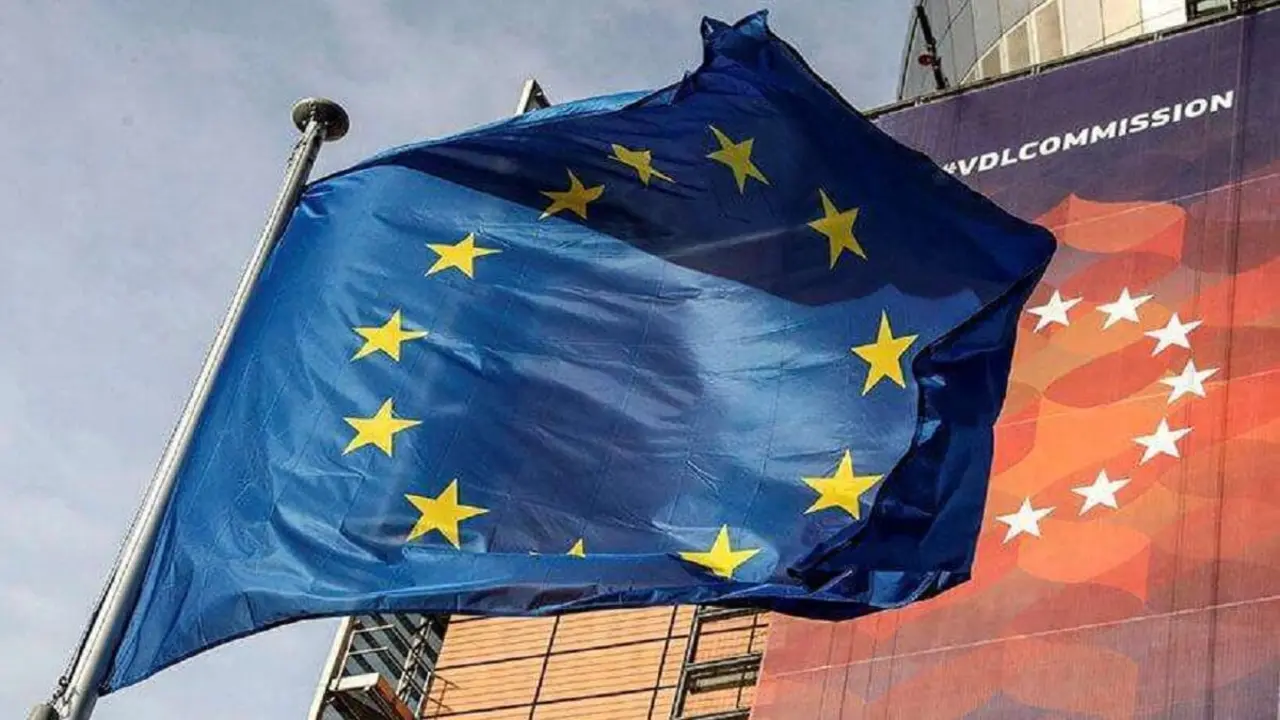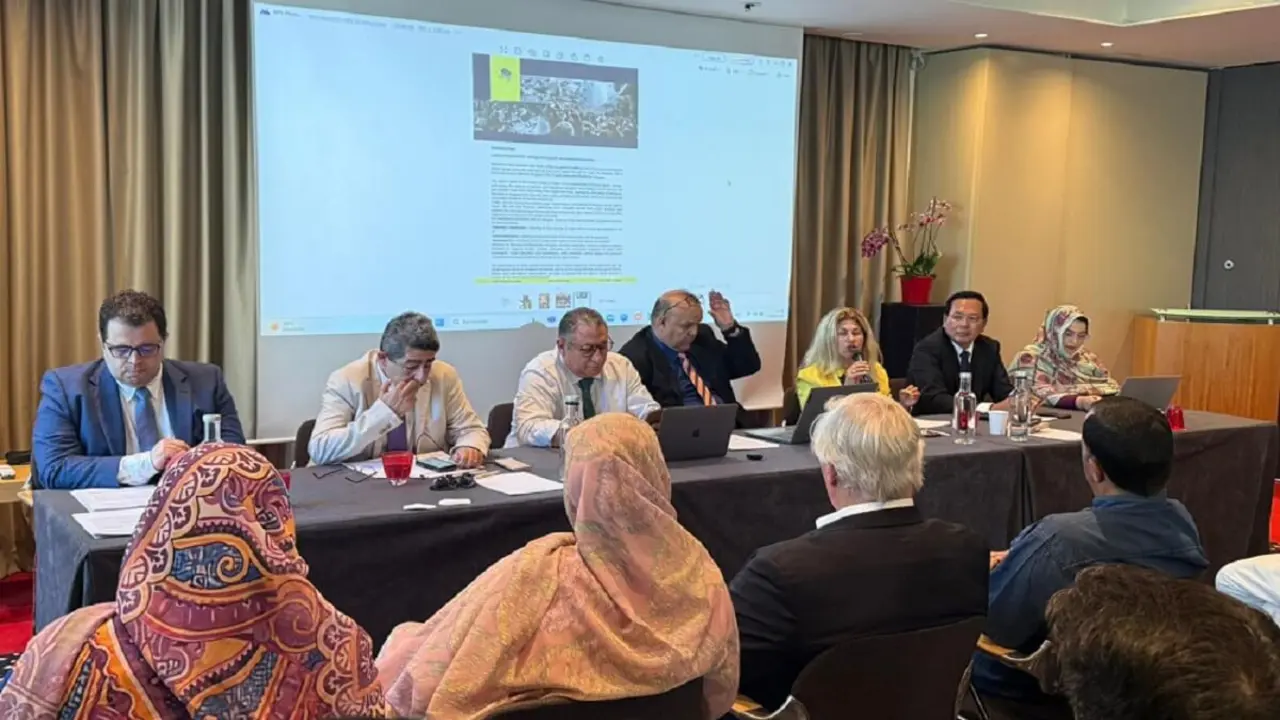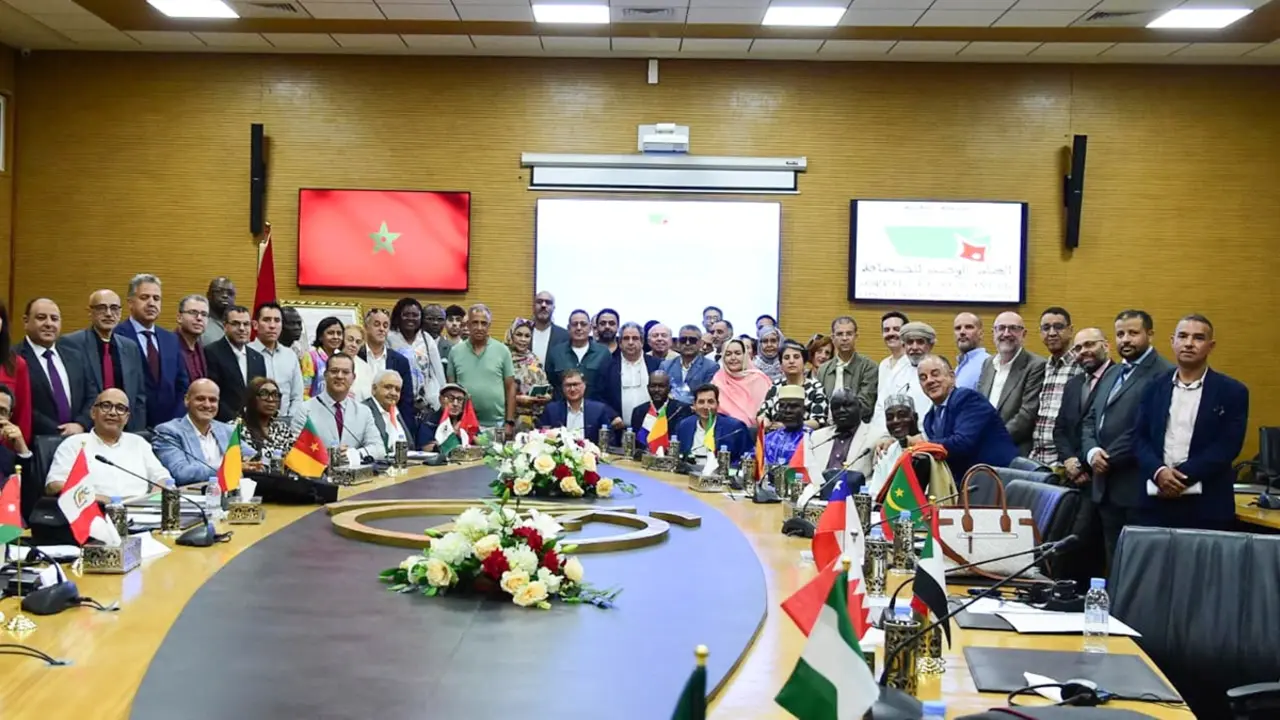España reabrirá fronteras con Marruecos, Argelia y China si existe reciprocidad

Spain will reopen borders to 12 non-EU countries from midnight onwards and, in addition, is considering reopening the passage of citizens from Morocco, Algeria and China if there is reciprocity on the part of these nations and there is a permitted flow in the opposite direction, as published by the Spanish Ministry of the Interior in the Official State Bulletin (BOE).
The ministerial order published in the BOE replaces that of last Monday and details the list of countries included whose residents will not be affected by the restriction on non-essential travel to the European Union (EU) through external border crossings, as well as the new categories of people exempted from these prohibitions regardless of their origin.
It will come into force from 00:00 hours on 4 July until 24:00 hours on 31 July, although there may be some changes if circumstances change or if there are new Community recommendations.
With regard to the opening of borders to third countries, the Ministry of the Interior specifies that it refers to residents in those countries, not to those who have the nationality. The official determination also stresses that the lifting of restrictions will be subject to the criteria of progressiveness and reciprocity.
The full list of 15 countries in the recommendation adopted by the European Council on Tuesday is included in the order. That is, the 12 fixed plus Algeria, Morocco and China, in the event that these countries apply the same measure reciprocally. The full list of countries is as follows: Algeria, Australia, Canada, Georgia, Japan, Montenegro, Morocco, New Zealand, Rwanda, Serbia, South Korea, Thailand, Tunisia, Uruguay and China.
In applying the principle of reciprocity, account is taken, on the one hand, with regard to China, of the recommendation of the Council of the EU to make the opening of the borders of the Member States conditional on confirmation of the existence of reciprocity. With regard to Algeria and Morocco, the order points out the need to take into account both the current border closure decreed in both countries, and the reasons given for this, and the large volume of travel between each of them and Spain.
With regard to the categories of persons exempt from restrictions, regardless of their place of origin, some additional ones are included or the scope of those contemplated in the order of 29 June is extended, in order to adapt them to the Council's recommendation.
Both the restrictions and the categories of persons free of restrictions refer to third country nationals, given that, since Monday, EU citizens and their families and other beneficiaries of the right to free movement were already outside the scope of the temporary restrictions at Spain's external borders, which were established to curb the COVID-19 health crisis.
Therefore, all this means that Spain will not open its external borders to all the countries recommended by the EU, considered by the community authorities as safe due to their epidemiological situation; thus, Algeria, Morocco and China are excluded at the expense of a similar position by the states of these nations regarding the reopening. The Spanish government has therefore already drawn up a list of countries outside the Schengen area (the Schengen area is the area that includes 26 European countries that have abolished controls at their common borders) whose citizens it will allow to enter as of this Saturday.
In the case of the North African neighbours, these have had their borders closed since the outbreak of the pandemic. The Spanish government is sticking to this situation to keep the borders with Morocco and Algeria sealed at least until 31 July. Therefore, reciprocity is required; a specific case is that of Ceuta and Melilla, which share a land border with Morocco; on a temporary basis, the closure of the land posts authorized to enter and leave Spain through the city of Ceuta and Melilla is maintained.
In this sense, it does not seem logical to allow the passage of citizens from Moroccan soil to Spanish territory if the same transit does not occur in reverse. Rabat prevents for the time being even most of the exits from the country (except foreigners, citizens with double nationality or residence abroad), something that would leave in nothing theoretically the fact that Spain could reopen borders with the Alaouite kingdom. For the time being, Morocco will keep the transit blocked at least until July 10, although it is estimated that the situation will be prolonged.
Morocco already suspended a couple of weeks ago the operation Passage of the Strait due to the coronavirus. "The operation as it is known will not take place this year", Nasser Bourita, Minister of Foreign Affairs, said at a hearing in the Moroccan Parliament. The minister defended that Moroccan emigrants living abroad who cross Europe to the south of Spain to enter North Africa to spend their holidays will be able to return to their country of origin when the borders are open.
In the case of Algeria, the closure of borders is less important because transits with Spain are much lower. The Algerian authorities have opted for rigid isolation until the worst of the pandemic is over, and there is no clear future regarding departures from and arrivals in the North African country.








